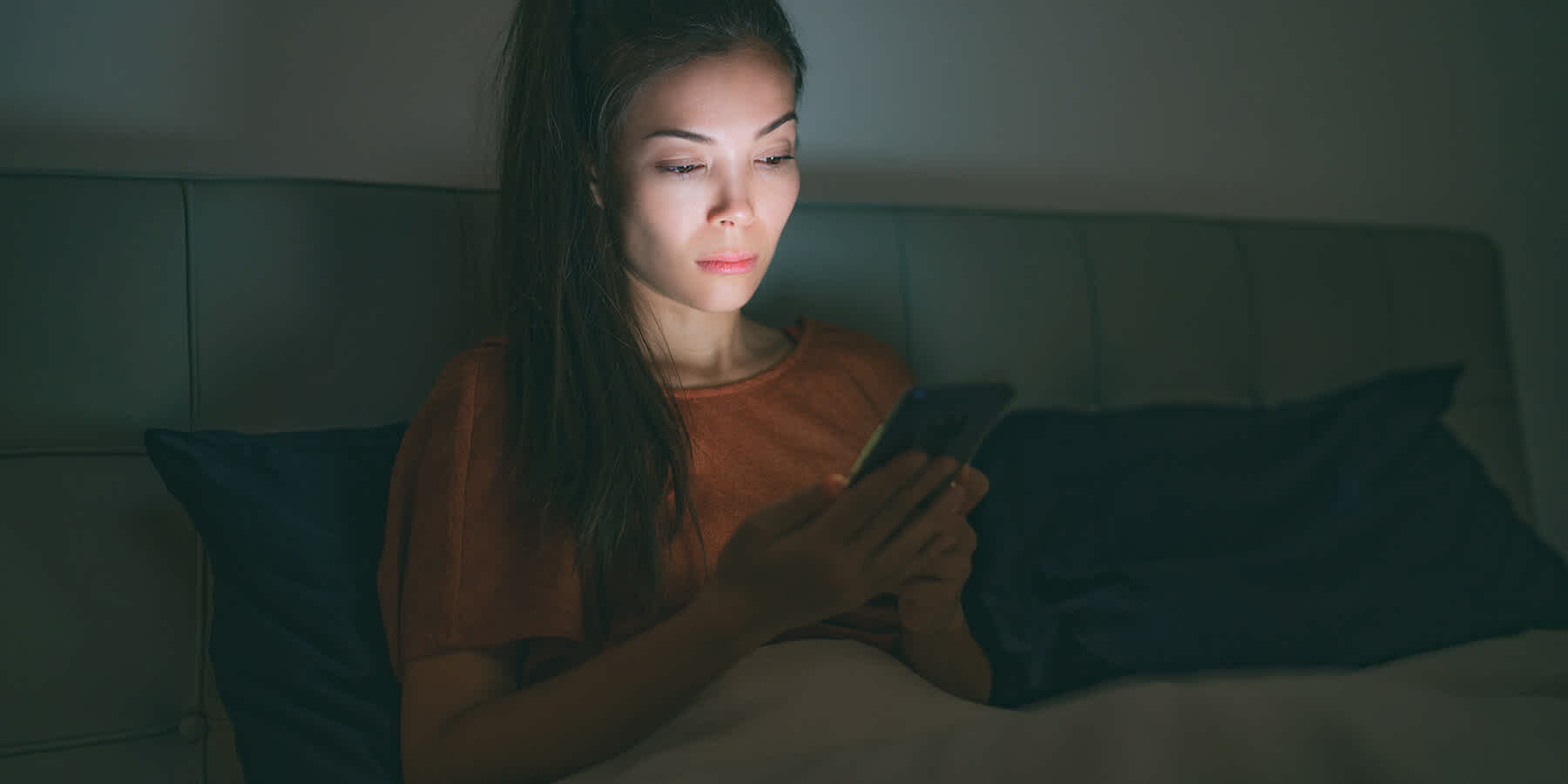
In the wake of the COVID-19 pandemic, while much attention has rightfully been given to the physical symptoms and risks associated with the virus, there’s another silent pandemic that has been sweeping through communities worldwide: COVID insomnia. As the world grapples with uncertainty, fear, and unprecedented lifestyle changes, sleep disorders have emerged as a significant concern affecting millions.
Understanding COVID Insomnia
Insomnia, characterized by difficulty falling asleep, staying asleep, or experiencing non-restorative sleep, has been exacerbated by the psychological and emotional toll of the pandemic. The fear of contracting the virus, economic instability, social isolation, and constant exposure to distressing news headlines have created a perfect storm for sleep disturbances.
Contributing Factors
Anxiety and Stress
The uncertainty surrounding the pandemic has led to increased levels of anxiety and stress, both of which are well-known triggers for insomnia. Racing thoughts and worries about health, finances, and the future often plague individuals, making it difficult to relax and unwind at bedtime.
Disrupted Routine
With lockdowns, remote work, and social distancing measures in place, many individuals have experienced disruptions to their daily routines. Irregular schedules, lack of physical activity, and increased screen time, especially before bedtime, can all negatively impact sleep quality.
Isolation and Loneliness
Social distancing measures have led to feelings of isolation and loneliness for many individuals. The absence of regular social interactions and support systems can contribute to feelings of anxiety and depression, both of which are closely linked to insomnia.
Changes in Lifestyle Habits
The pandemic has brought about significant changes in lifestyle habits, including alterations in diet, exercise, and alcohol consumption. These changes can directly impact sleep patterns and contribute to the development or exacerbation of insomnia.
Managing COVID Insomnia
Establishing a Sleep Routine
Maintaining a consistent sleep schedule, even on weekends, can help regulate your body’s internal clock and improve sleep quality. Aim for seven to nine hours of sleep per night and establish a relaxing bedtime routine to signal to your body that it’s time to wind down.
Limiting Exposure to Screens
The blue light emitted by screens can interfere with the production of melatonin, the hormone responsible for regulating sleep-wake cycles. Limit exposure to electronic devices, such as smartphones, tablets, and computers, at least an hour before bedtime.
Managing Stress and Anxiety
Incorporate stress-reduction techniques into your daily routine, such as mindfulness meditation, deep breathing exercises, or yoga. Practice cognitive-behavioral techniques to challenge negative thought patterns and promote relaxation.Creating a Restful Sleep Environment Make your bedroom a conducive environment for sleep by keeping it cool, dark, and quiet. Invest in a comfortable mattress and pillows, and consider using white noise machines or earplugs to block out disruptive sounds.
Seeking Professional Help
If insomnia persists despite self-help strategies, don’t hesitate to seek professional help. A healthcare provider can help identify underlying causes of insomnia and recommend appropriate treatment options, which may include therapy, medication, or a combination of both.
Conclusion
COVID insomnia represents a significant public health concern that requires attention and intervention. By understanding the factors contributing to sleep disturbances during the pandemic and implementing effective management strategies, individuals can take proactive steps to improve their sleep and overall well-being. Remember, prioritizing sleep is essential for maintaining physical health, mental acuity, and emotional resilience during these challenging times.